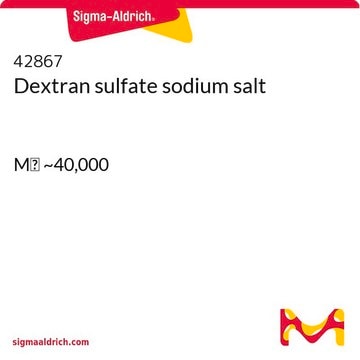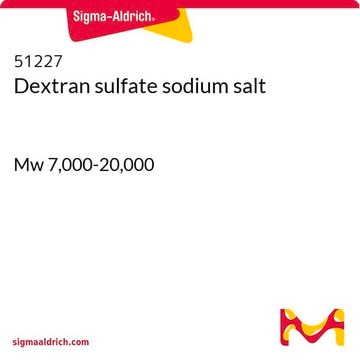WGA3
GenomePlex® WGA Reamplification Kit
Reamplification of WGA product with minimal bias
Sinónimos:
GenomePlex® whole genome amplification reamplification kit, Whole genome reamplification kit
About This Item
Productos recomendados
General description
Application
Other Notes
Legal Information
Solo componentes del kit
- Deoxynucleotide Mix, 10 mM
Los componentes del kit también están disponibles por separado
- D7295Deoxynucleotide Mix, 10 mM, Molecular Biology Reagent .2 mLSDS
related product
signalword
Danger
hcodes
pcodes
Hazard Classifications
Resp. Sens. 1
Storage Class
12 - Non Combustible Liquids
flash_point_f
Not applicable
flash_point_c
Not applicable
Certificados de análisis (COA)
Busque Certificados de análisis (COA) introduciendo el número de lote del producto. Los números de lote se encuentran en la etiqueta del producto después de las palabras «Lot» o «Batch»
¿Ya tiene este producto?
Encuentre la documentación para los productos que ha comprado recientemente en la Biblioteca de documentos.
Los clientes también vieron
Artículos
Whole genome amplification overcomes restrictions for single-cell genomic analyses with non-specific amplification.
Whole genome amplification overcomes restrictions for single-cell genomic analyses with non-specific amplification.
Whole genome amplification overcomes restrictions for single-cell genomic analyses with non-specific amplification.
Whole genome amplification overcomes restrictions for single-cell genomic analyses with non-specific amplification.
Protocolos
GenomePlex® is a Whole Genome Amplification (WGA) method that allows the researcher to generate a representative amplification of genomic DNA
GenomePlex is a Whole Genome Amplification (WGA) method that allows the researcher to generate a representative, 500-fold amplification of genomic DNA
This protocol provides a simple and convenient method to isolate, amplify, and purify genomic DNA from buccal swabs. Buccal swabs are a convenient method of acquiring a DNA sample.
GenomePlex® Whole Genome Amplification has been used to amplify genomic DNA from soybean, corn, tomato, purple coneflower, and ginseng.
Nuestro equipo de científicos tiene experiencia en todas las áreas de investigación: Ciencias de la vida, Ciencia de los materiales, Síntesis química, Cromatografía, Analítica y muchas otras.
Póngase en contacto con el Servicio técnico










